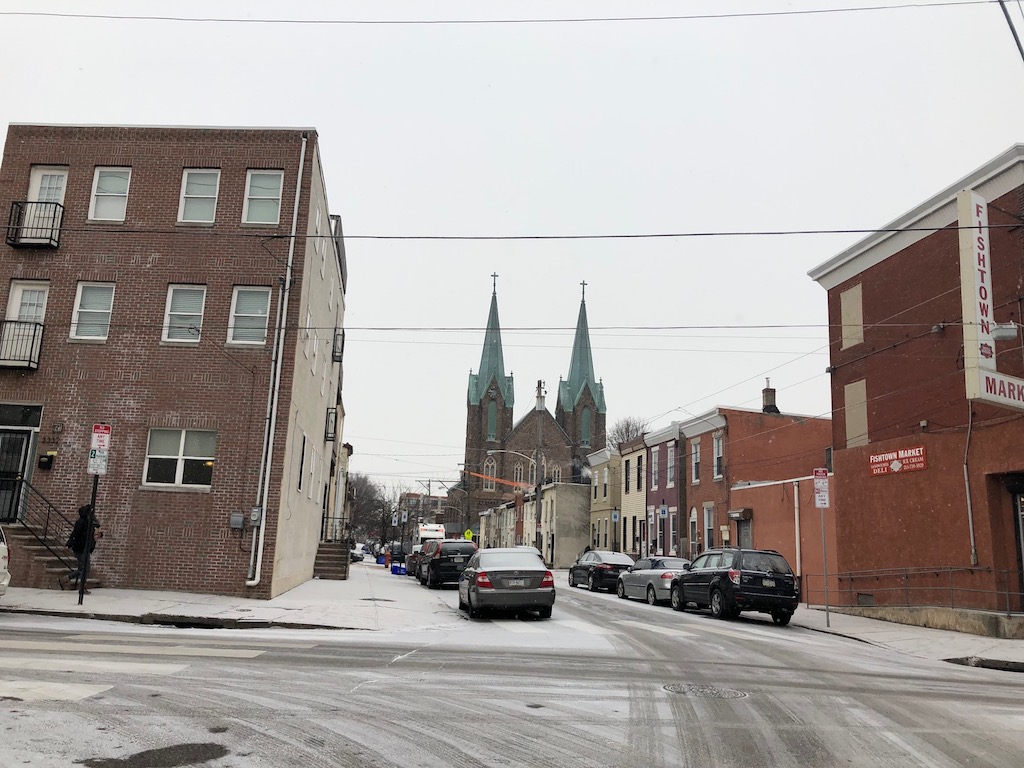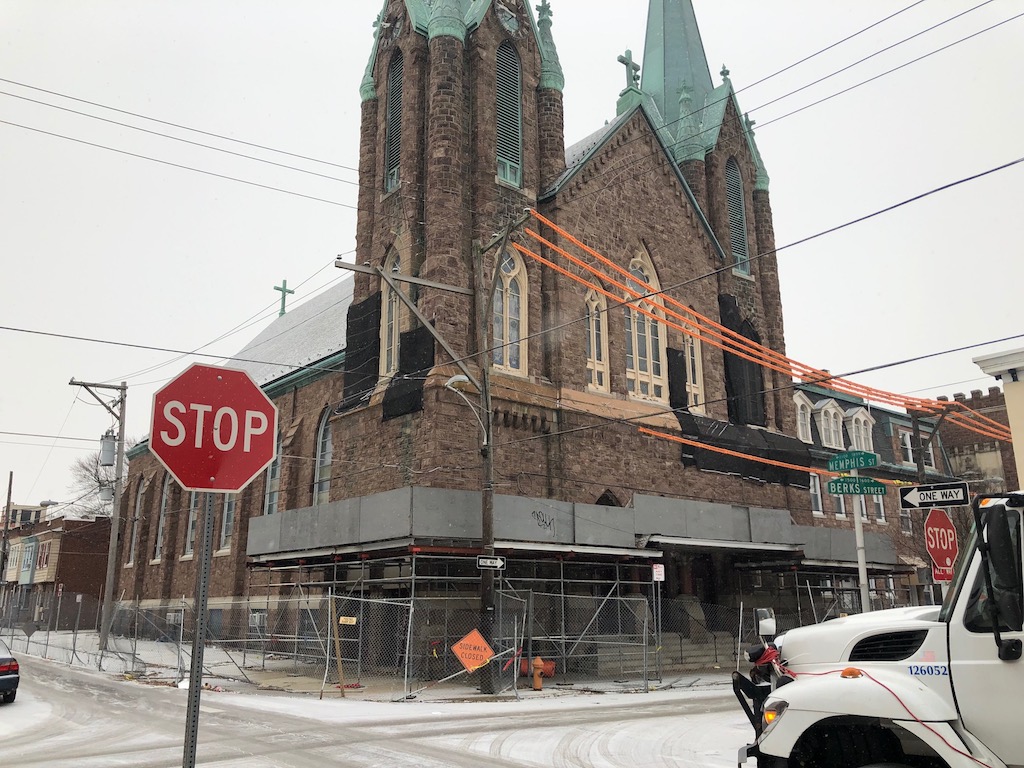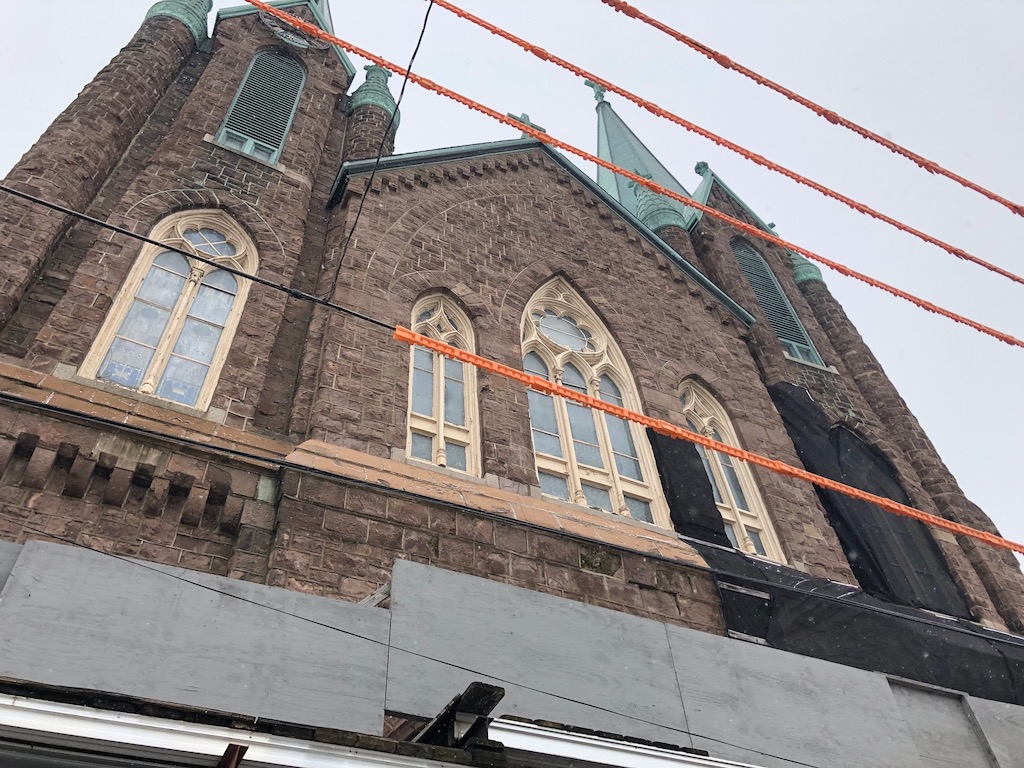If you read this blog with any regularity, you’re probably at least generally familiar with the concept of zoning. But for any first timers out there, please allow us to provide a very basic bit of background. Every property in Philadelphia has an underlying zoning designation that dictates what its owner is permitted do with said property. The vast majority of properties are zoned residential, commercial, or industrial, a concept that you’re probably familiar with if you’ve ever played SimCity. Zoning in Philadelphia is a bit more granular than in this epic video game though- for example, there are 16 different types of residential districts, each with different allowances and requirements for height, setbacks, density, parking, and so forth.
When a developer wants to build something that doesn’t fit within the requirements of their property’s zoning district, they must appeal to the Zoning Board of Adjustments to receive permission to operate outside those requirements. To get heard at the ZBA, the developer must first present the project to the local community group; most of the time, the ZBA supports a variance if the community is on board and vice versa. That’s usually the end of the process, but every now and then a person or group of persons doesn’t agree with a ZBA ruling and they file an appeal with the Court of Common Pleas in an effort to overturn the ZBA. This can lead down a wormhole of legal challenges that can keep churning through different courts for a number of years, jamming up a project and tying up capital indefinitely.
That last paragraph aptly summarizes the plight of developer Leo Voloshin and the historic Saint Laurentius Church in Fishtown. In 2015, the Archdiocese put the historic church at 1608 E. Berks St. under contract with the developer, but Voloshin required a variance to convert the building into 23 apartments since it’s only zoned for single-family use. The ZBA granted the variance despite the community voting against the project, and a group called the Faithful Laurentians filed for an appeal, citing a desire to preserve the church as a sacred space and community center. This appeal was struck down when we last checked in on the property in the fall of 2017, but we expected the Faithful Laurentians to take their appeal to the Commonwealth Court. Our expectation proved accurate, and according to Plan Philly it was only last week that the Commonwealth Court struck down the appeal due to lack of standing.
In the meantime, the former church, which was not in such great shape when Voloshin first put it under agreement, has remained untouched, slowly deteriorating. Last month, several stones fell off the building’s facade, and thankfully nobody was injured. This incident served as a warning sign about the property’s condition, prompting action from City Council.



Shortly after the stones fell from the building, Council President Clarke introduced a bill to rezone the property from single family to multi-family use, which would cut off any possibility of additional appeals from the Faithful Laurentians. From a planning perspective, spot zoning is not good policy- neighborhood zoning should only occur in a holistic way, not one property at a time. But at this point, spot zoning is probably the only avenue by which the existing building will get converted into anything. Of course, once the property is spot zoned to multi-family, it’s still possible that the developer will determine that the building is too far gone to redevelop and after all this back and forth it could still end of getting demolished. The Historical Commission would need to give the ok for that to happen though.
Still, the introduction of this legislation signals the endgame for this property, which has been in a state of limbo for so many years. Figure by the spring, we’ll finally know what’s happening here and will be able to share a resolution. It’s also a pretty safe bet that no matter what happens, there will be some people in the neighborhood that’ll end up displeased with the outcome.
